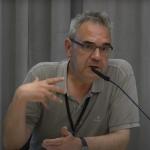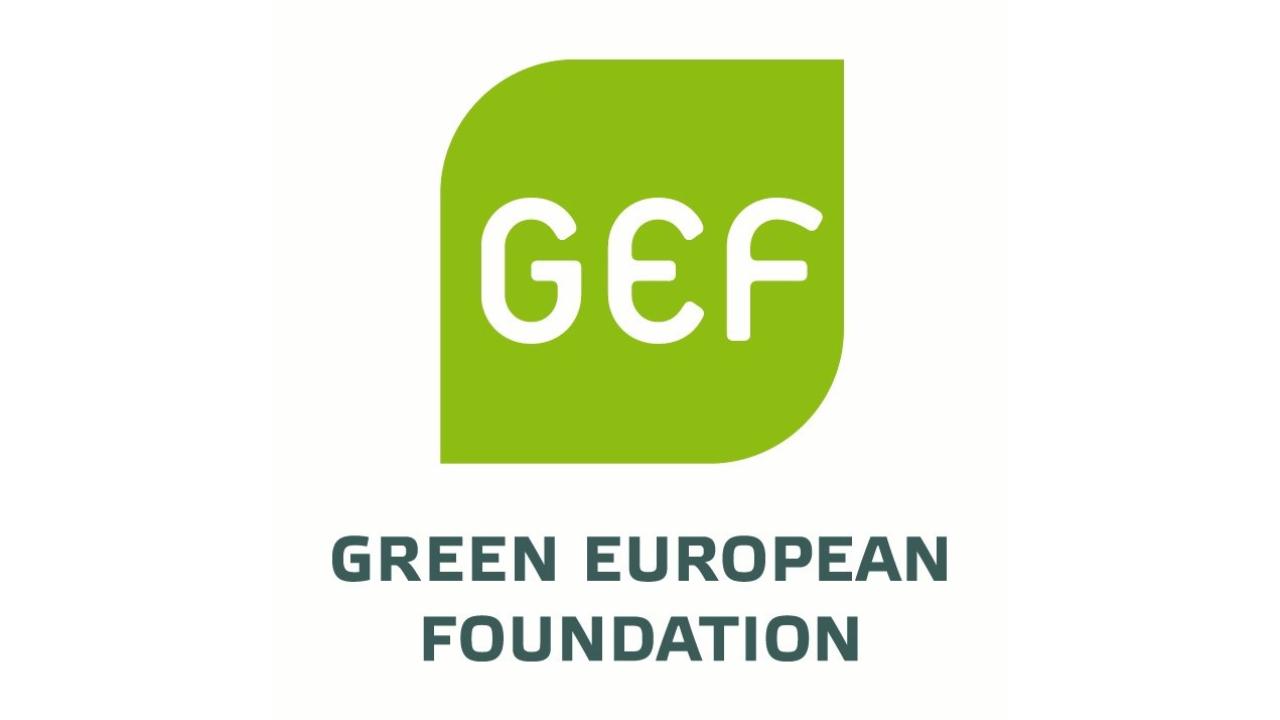In the Finnish parliament, I have stated that, while I support our withdrawal from the treaty, we should be aware of the international repercussions of such a move. It’s an awkward step to take at a time when we need to fight for the hearts and minds of people all over the world, if only to get support for our sanctions against Russia. Finland’s decision to produce and stockpile landmines again will be difficult to understand for many citizens and governments in the Global South, especially in places where landmines from past conflicts still take a human toll. We need to argue our case clearly: we are doing this because it is essential to protect our democracy. We should also assist countries in the Global South with landmine clearance. That would be a form of damage control with respect to human lives, Finland’s reputation, and the international order."
Finland faces a similar dilemma regarding the instrumentalisation of migrants. Russia has been funnelling undocumented migrants to Finland in a form of hybrid warfare. Finland’s right-wing government has now closed the border crossing points on the land border with Russia. A new border security act empowers the government to turn down asylum applications. What is your opinion on that?
"This is another tricky issue. Once again, the threat is real. We must make sure our legal system isn’t used against us. But it bothers me that some politicians, both in parliament and in government, have jumped on this issue in order to break away from our country’s human rights obligations. My approach is the complete opposite. We should first assess the scale of the threat, analyse different scenarios and ways to prevent or mitigate them.
Say we have a thousand asylum seekers at the border. What if we took them all in, processed their asylum requests, gave refugee status to those who were entitled to it, and tried to repatriate the others? It wouldn’t cause our society to collapse. The same applies to 10,000 asylum seekers, or even 100,000. I think we could have made our legal framework more watertight while leaving room for legitimate claims to asylum. With the new legislation, we risk having less control over our borders. If we activated this legislation, it could incentivise instrumentalised migrants to cross the border outside the border posts and try to avoid our authorities instead of contacting them. Such a scenario could lead to our resources being stretched."
Do you feel inhibited from debating this issue? A culture war over migration that pits Finns against each other might well play into the hands of Putin.
"No. In a democracy, one should be able to speak out. What worries me isn’t the debate itself, but the hate and agitation around the issue. I’ve received a lot of this when I criticised the new asylum law. It came from people who were mobilised by right-wing parties. They accused me of being unpatriotic or even an enemy of the state. One MP from the far-right Finns Party went so far as to suggest that I should be stripped of my military rank. Today, the controversy has subsided considerably, not least because our border hasn’t been tested to the extent that people feared."
As both a reserve captain in the Finnish Defence Forces and a climate scientist, do you think it is possible to reconcile geopolitical and ecological security?
"To some extent, they go hand in hand. Decarbonisation reduces our reliance on fossil fuels that are largely imported from problematic countries. So it’s not just a climate imperative; it also improves the global order and our hard security.
On the issue of economic growth, which looks more favourable through a geopolitical than an ecological lens, I’m trying to stall for time, as it were. For the moment, what we need for the green transition is a massive wave of investment. That is, economic activity. So I don’t think it’s very relevant right now to focus on the question whether economic growth is a good policy objective or not.
It’s clear that economic growth as it happens now will hit physical limits. Also, GDP growth is a poor indicator for wellbeing in a prosperous country like Finland. But if these considerations lead us to focus on degrowth or post-growth, this might hinder our ability to invest ourselves out of fossil fuels. We haven’t yet really tried to mobilise the market economy to tackle climate change and biodiversity loss; this needs to be done much more firmly. Then we will find out whether the equation holds, or if we should completely transform our economic thinking. Maybe it’s my years in parliament that have turned me into a pragmatic incrementalist, but I’m convinced that there is still plenty of room for evolution before we call for revolution."


